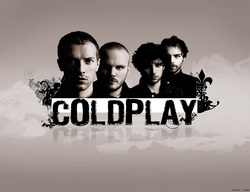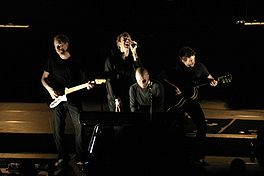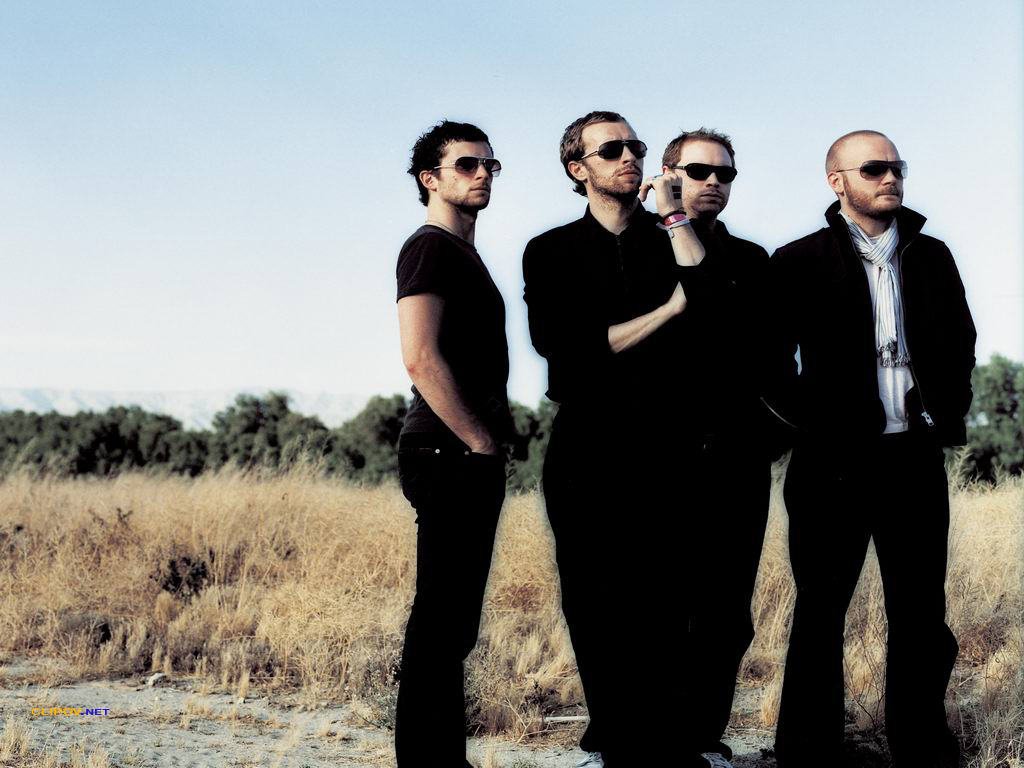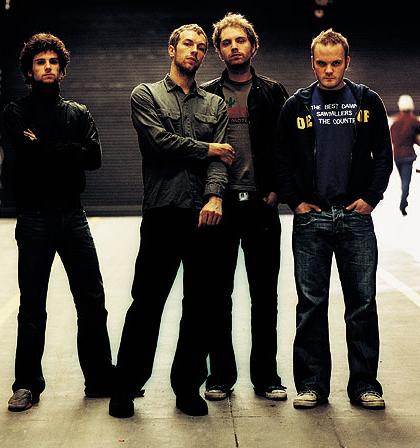What music plays Coldplay

Alternative rock (also called alternative music, alt
rock or simply alternative) is a genre of rock music and a term used to describe a diverse musical movement that emerged from the independent music underground of the 1980s and became widely popular by the 1990s. Although the term was most commonly associated in it commercial heyday with a loud, distorted guitar sound, its
original meaning was broader, referring to a generation of musicians unified by
their collective debt to either the musical style, or simply the independent, D.I.Y.
ethos, of punk rock, which in the late 1970s laid the groundwork for alternative
music.At times, "alternative" has been used as a catch-all description for music from underground rock artists that receives mainstream recognition, or for any music, whether rock or not, that is seen to be descended from punk rock (including some examples of punk itself, as well as New Wave, and post-punk).
rock or simply alternative) is a genre of rock music and a term used to describe a diverse musical movement that emerged from the independent music underground of the 1980s and became widely popular by the 1990s. Although the term was most commonly associated in it commercial heyday with a loud, distorted guitar sound, its
original meaning was broader, referring to a generation of musicians unified by
their collective debt to either the musical style, or simply the independent, D.I.Y.
ethos, of punk rock, which in the late 1970s laid the groundwork for alternative
music.At times, "alternative" has been used as a catch-all description for music from underground rock artists that receives mainstream recognition, or for any music, whether rock or not, that is seen to be descended from punk rock (including some examples of punk itself, as well as New Wave, and post-punk).
|
Alternative rock is a broad umbrella term consisting of music that differs
greatly in terms of its sound, its social context and its regional roots. By the end of the 1980s, magazines and zines, college radio airplay and word of mouth had increased the prominence and highlighted the diversity of alternative rock, helping to define a number of distinct scenes such as gothic rock, jangle pop, noise pop, C86, Madchester, industrial music and shoegazing. Most of these subgenres had achieved minor mainstream notice and a few bands representing them, such as Hüsker Dü and R.E.M., had even signed to major labels. But most alternative bands' commercial success was limited in comparison to other genres of rock and pop music at the time, and most acts remained signed to independent labels and received relatively little attention from mainstream radio, television or newspapers. In the US, punk itself had also failed to find wide mainstream recognition, which the genre had briefly achieved in Britain. Instead, underground US bands in the early 1980s eveloped an uncompromising and noncommercial style of hardcore punk, which influenced the lo fi sound of much US alternative rock significantly. Some examples of alternative rock bands that have achieved commercial success and mainstream critical recognition are Radiohead, R.E.M., The Smiths, Red Hot Chili Peppers, Nirvana, Pearl Jam, Green Day, Foo Fighters, Coldplay and Muse. However, many alternative rock artists, such as Pixies, Cocteau Twins, Meat Puppets, My Bloody Valentine and Pavement, are cult acts that have recorded with independent labels and had more sustained influence on other bands than mainstream commercial success of their own. |







